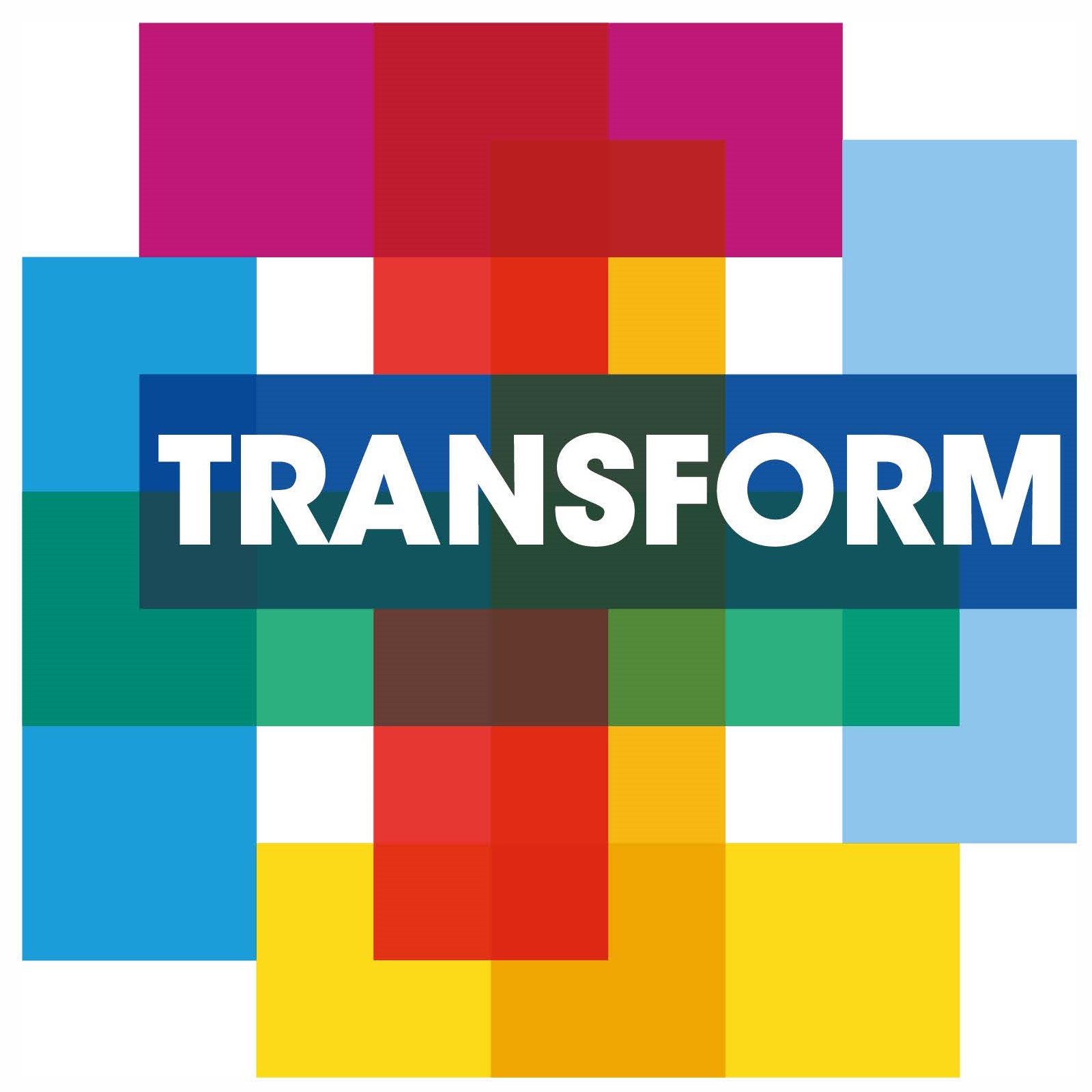World Toilet Day 2020: sanitation services for the underserved
Published on: 11/12/2020
Access to safely managed sanitation is considered a basic human right, yet 4.2 billion people, over half of the world’s population, are living without access to safe sanitation services. This World Toilet Day, TRANSFORM is supporting the local utilities who are the key to solving the global sanitation crisis, as they possess the necessary mandates, relationships, organisational capabilities and infrastructure to ensure access to equitable sanitation services.
Earlier this year, TRANSFORM’s founding organisations, Unilever, UK’s Foreign, Commonwealth and Development Office (FDCO) and EY, collaborated with the Bill and Melinda Gates Foundation to set African utilities a challenge to develop safe and sustainable sanitation services for underserved urban communities. Of the 100+ applicants, Malindi Water & Sewerage Company (MAWASCO) in Kenya and Southern Water & Sanitation Company (SWSC) were selected to take on the challenge and receive grant funding and in-kind support to develop solutions that could serve as a blueprint to be rolled out to millions across Africa and beyond.
The TRANSFORM Utilities Challenge will combine MAWASCO and SWSC’s local know-how with the expertise of TRANSFORM’s multinational partners, impact enterprise Sanivation, and NGO Water and Sanitation for the Urban Poor (WSUP). Through the partnership, the utilities will test the routes for behavioural change to ensure lasting impact, and the potential for scale and replication of their sanitation models.
The need for city-wide inclusive sanitation services
Finding a suitable solution is no mean feat. In dense urban communities, conventional sewers and wastewater treatments are not always effective for a population’s sanitation needs. Limited access and an inability to pay for services in poor communities causes a reliance on informal pit-emptiers and the use of unsafe methods of disposal, often contaminating the food and water consumed locally. When waste is not managed safely, illnesses like cholera and dysentery can emerge and spread, many children can’t go to school, and people are unable to work.
Many cities around the world do not have a legacy of sewered sanitation and lack the resources to keep up with the sanitation needs of their citizens. If cities are to grow into productive, sustainable communities, everyone needs a safe place to go to the toilet and waste must be managed safely.The challenge provides an opportunity to leapfrog the cumbersome, sewered legacy infrastructure, as seen in cities such as London, Paris and New York. The aim will be to overcome the comparative lack of available resources in low-income communities, to develop more equitable, safe and sustainable sanitation services. Local utilities are well-placed to tackle this challenge through innovation, leading on creating a range of commercial sanitation solutions that underserved households will actually use, encouraging cleaner, healthier communities.
Scale, collaboration and innovation: a new model for delivering impact
The Utilities Challenge is prime example of the TRANSFORM approach to find scalable solutions. Working alongside local utilities in sub-Saharan Africa, we will help to design a blueprint that can be replicated on a regional and global scale. MAWASCO’s sanitation model has the potential to be replicated by 59 other utilities in Kenya and could reach the entire Eastern and Southern Africa Water and Sanitation region, impacting up to 30 million people in urban communities. Similarly, SWSC will reach 2,500 people in its initial stages, and is due to impact a further 500,000 people in subsequent areas.
The Utilities Challenge aims to help tackle the global urban sanitation crisis and help to achieve Sustainable Development Goal 6: water and sanitation for all by 2030. Convening the power of private and public partners, with local expertise and understanding, we can act now to solve the global sanitation crisis, together.
-
 Insights
Insights
